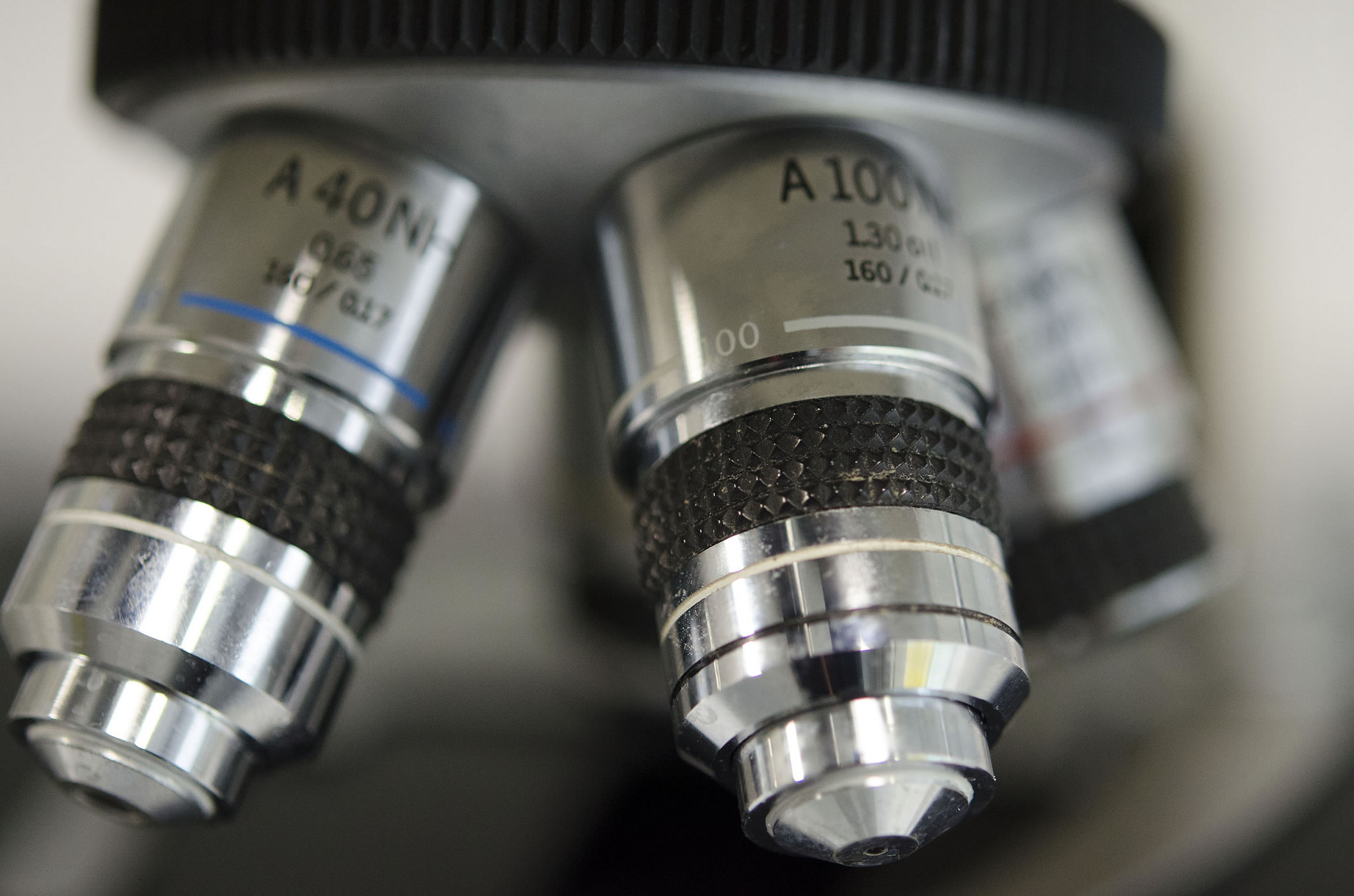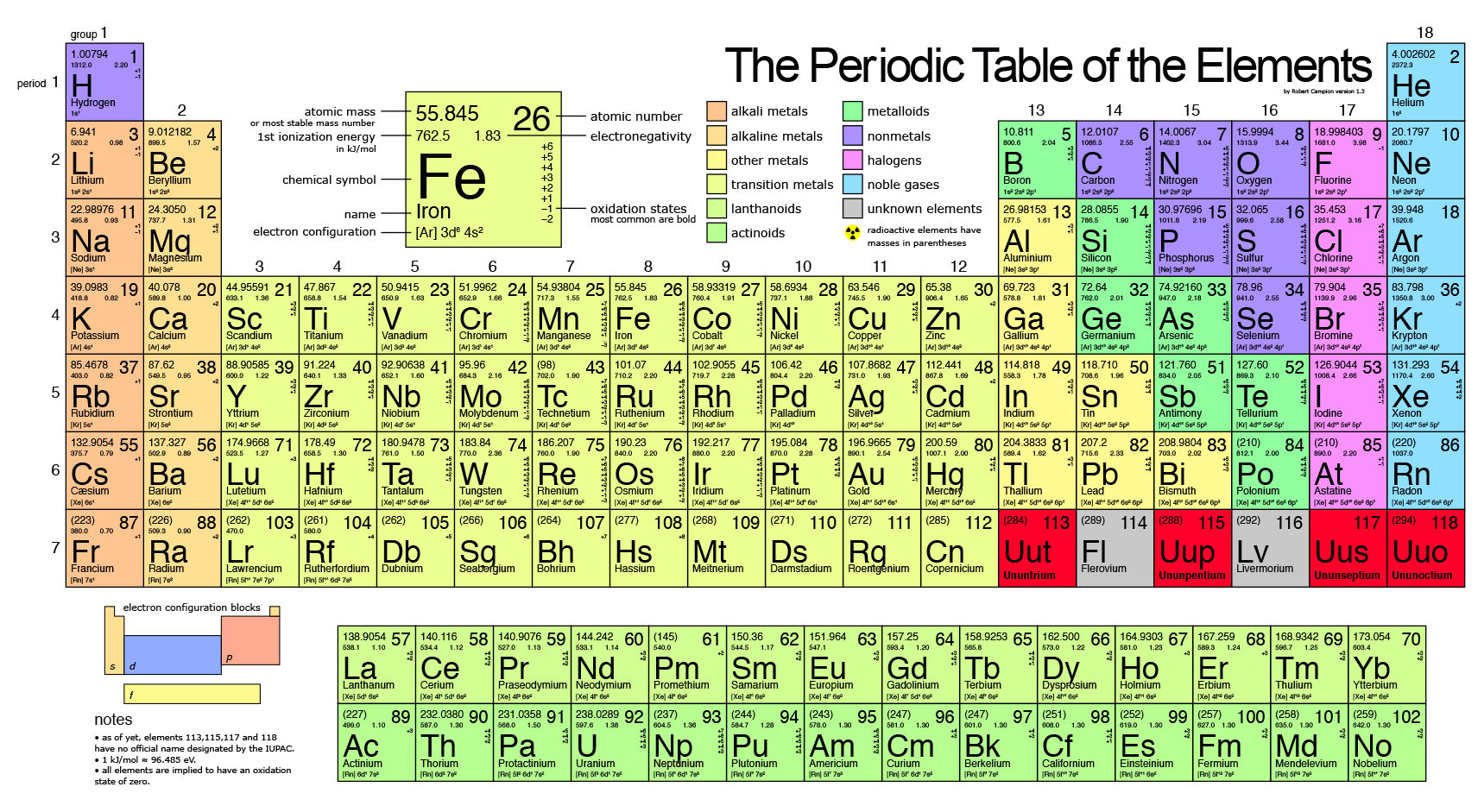This unit investigates the causes, treatment and prevention of common infectious and non-infectious diseases. It also explores the body's response to disease and the role of the nervous system and endocrine system in maintaining normal body function in humans.

What are the human effects on the environment? How do scientists measure the impacts of humans on ecosystems? Global warming is now seen as one of the greatest threats to continued human occupation of the planet, so what can we do? Knowledge of local nutrient cycles, pollution and human activities is important in understanding our responsibility as global citizens and our contribution to a sustainable environment.

Scientific method is an important way to discover facts about the Earth (and beyond). By following set procedures, scientists are able to prove/justify/explain many concepts and phenomena. Some of the most important of these include theories concerning atoms, DNA, radioactivity and (recently) gene technology.



